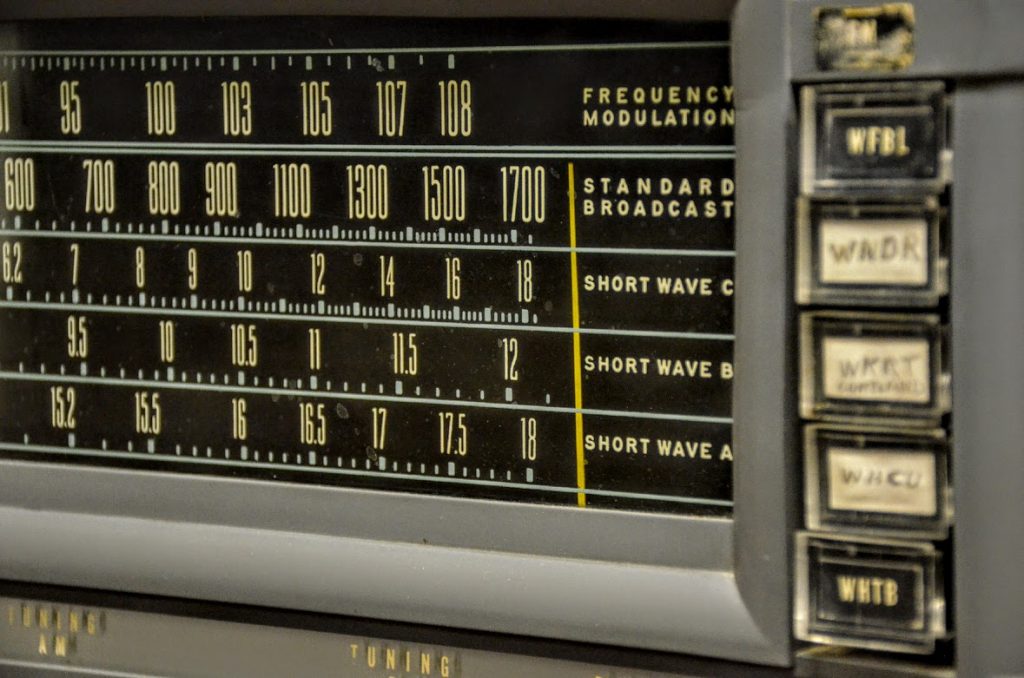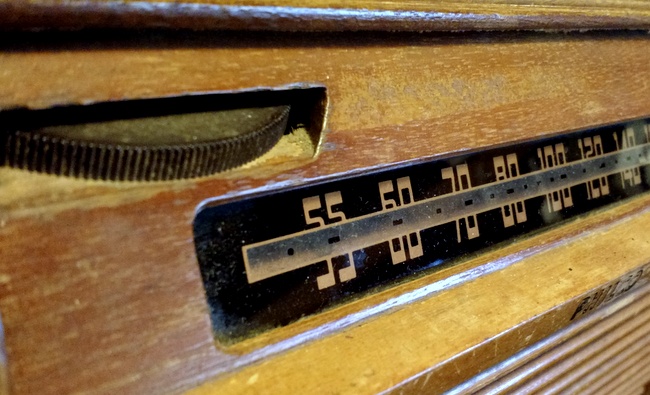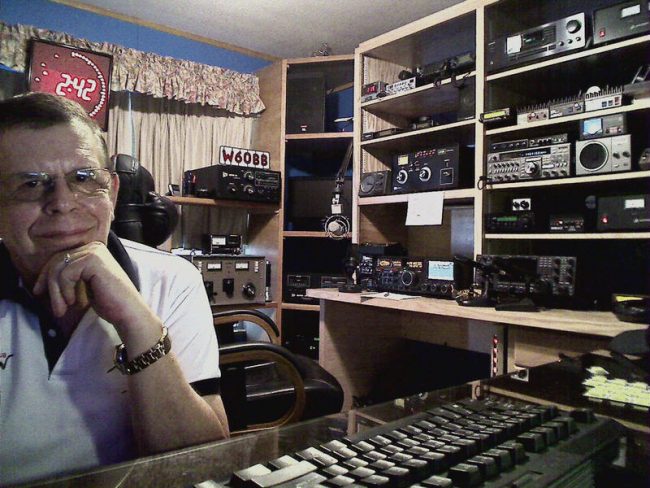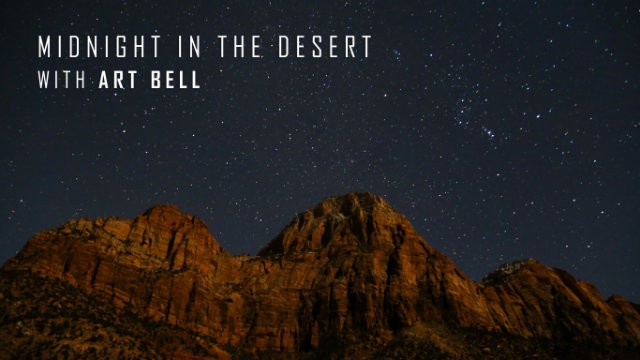 Radio Waves: Stories Making Waves in the World of Radio
Radio Waves: Stories Making Waves in the World of Radio
Because I keep my ear to the waves, as well as receive many tips from others who do the same, I find myself privy to radio-related stories that might interest SWLing Post readers. To that end: Welcome to the SWLing Post’s Radio Waves, a collection of links to interesting stories making waves in the world of radio. Enjoy!
Many thanks to SWLing Post contributors, Mike Terry, Troy Riedel, and Jeff Murray for the following tips:
Radio Survivor Podcast #230 – The Library of Congress Launches Podcast Preservation Project (Radio Survivor)
On this week’s episode we learn about a brand new project at the Library of Congress that is focused entirely on archiving podcasts. Ted Westervelt, Manager of the Podcast Preservation Project at Library of Congress, joins us to share early details from this new initiative. He explains that the hope is that a wide variety of all types of podcasts will be part of the collection, including the Radio Survivor Podcast.[…]
Memorial Plaque Honoring Art Bell Unveiled at Park in Pahrump, Nevada (Coast to Coast)
Coast to Coast AM founder Art Bell has been honored with a memorial plaque at a park in the Nevada city of Pahrump. The beloved radio personality, who passed away in April of 2018, was a longtime resident of the community and famously broadcast from his home there. The marker, which was unveiled by Nye County on their Facebook page this past Friday and is located at Calvada Eye park, was funded by a group known as the ‘Friends and Fans of Art Bell’ with additional financial support and installation provided by the county.[…]
BBC News to close 450 posts as part of £80m savings drive (BBC News)
Around 450 jobs will be cut from BBC News under plans to complete its £80m savings target by 2022.
Outlets to be hit by job closures include BBC Two’s Newsnight, BBC Radio 5 Live and the World Update programme on the World Service.
BBC News boss Fran Unsworth said there had to be a move away from traditional broadcasting and towards digital.
But broadcasting union Bectu said the changes mean staff will be “under even more pressure to deliver”.
How likely are space super-storms? (EarthSky)
A new analysis shows that “severe” space super-storms happened 42 years out of the last 150, and “great” super-storms happened 6 years out of 150. These storms can disrupt modern electronics, aviation and satellite systems and communications.
A new joint study by the University of Warwick and the British Antarctic Survey used historical data to extend scientists’ previous estimates of the likelihood of space super-storms. These storms may originate with solar flares, seen to erupt explosively on the sun during years of high solar activity. Space super-storms aren’t harmful to humans, because our atmosphere protects us, but they can be hugely disruptive to our modern technologies. They can cause power blackouts, take out satellites, disrupt aviation and cause temporary loss of GPS signals and radio communications, scientists say. The new work shows that what the scientists called “severe” space super-storms occurred 42 years out of the last 150 years. What they called “great” super-storms occurred in 6 years out of 150. The new work also sheds light on what’s called the Carrington event of 1859, the largest super-storm in recorded history.[…]
Also check out: Are Solar Storms Dangerous To Us?
DK7IH’s New HOMEBREW Transceiver Raises the Bar for All of Us (Soldersmoke Podcast)
And that, my friends, is a HOMEBREW transceiver. Wow, amazingly well done. After I showed this to Pete N6QW (no slouch in the homebrew packaging department), in frustration with his self-perceived shortcomings he threatened to give up on homebrewing and to throw away all his rigs. Don’t do it Pete!
Peter Rachow, DK7IH has carefully documented his project through as series of blog posts:
Here is Part 1. Part 9 deals with mechanical construction, packaging and what George Dobbs used to call “socketry.”[…]
Do you enjoy the SWLing Post?
Please consider supporting us via Patreon or our Coffee Fund!
Your support makes articles like this one possible. Thank you!




